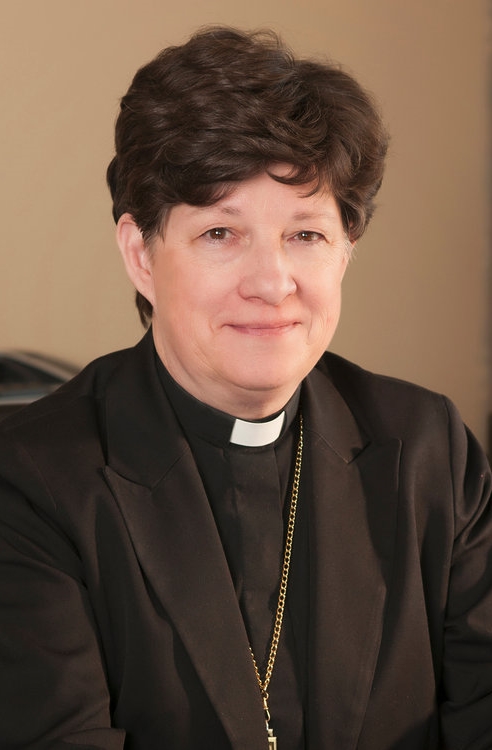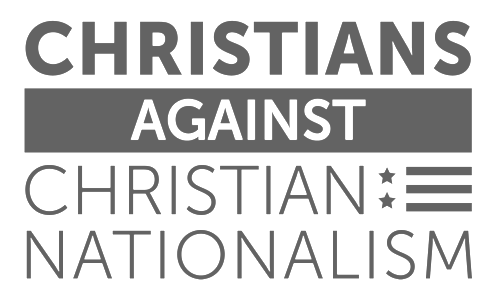Religious Leaders Stand Up to the Threat

“Christian nationalism identifies a human government with God’s will and seeks privilege for Christians from the state. Lutherans teach that government should be held accountable to God but not ever identified with God’s will. The ELCA is committed to strengthening public space as a just place for all regardless of religion or worldview and will defend the full participation of all in our religiously diverse society. This common statement is an important witness on these matters.”
Bishop Eaton, Presiding Bishop, Evangelical Lutheran Church in America, is one of many leaders from a diverse faith community to publicly endorse the statement that follows. Like all Americans, Christians are invited to use the power of their votes to shape the nation and protect democracy.

As Christians, our faith teaches us everyone is created in God’s image and commands us to love one another. As Americans, we value our system of government and the good that can be accomplished in our constitutional democracy. Today, we are concerned about a persistent threat to both our religious communities and our democracy — Christian nationalism.
Christian nationalism seeks to merge Christian and American identities, distorting both the Christian faith and America’s constitutional democracy. Christian nationalism demands Christianity be privileged by the State and implies that to be a good American, one must be Christian. It often overlaps with and provides cover for white supremacy and racial subjugation. We reject this damaging political ideology and invite our Christian brothers and sisters to join us in opposing this threat to our faith and to our nation.
As Christians, we are bound to Christ, not by citizenship, but by faith. We believe that:
- People of all faiths and none have the right and responsibility to engage constructively in the public square.
- Patriotism does not require us to minimize our religious convictions.
- One’s religious affiliation, or lack thereof, should be irrelevant to one’s standing in the civic community.
- Government should not prefer one religion over another or religion over nonreligion.
- Religious instruction is best left to our houses of worship, other religious institutions and families.
- America’s historic commitment to religious pluralism enables faith communities to live in civic harmony with one another without sacrificing our theological convictions.
- Conflating religious authority with political authority is idolatrous and often leads to oppression of minority and other marginalized groups as well as the spiritual impoverishment of religion.
- We must stand up to and speak out against Christian nationalism, especially when it inspires acts of violence and intimidation—including vandalism, bomb threats, arson, hate crimes, and attacks on houses of worship—against religious communities at home and abroad.
Whether we worship at a church, mosque, synagogue, or temple, America has no second-class faiths. All are equal under the U.S. Constitution. As Christians, we must speak in one voice condemning Christian nationalism as a distortion of the gospel of Jesus and a threat to American democracy.

